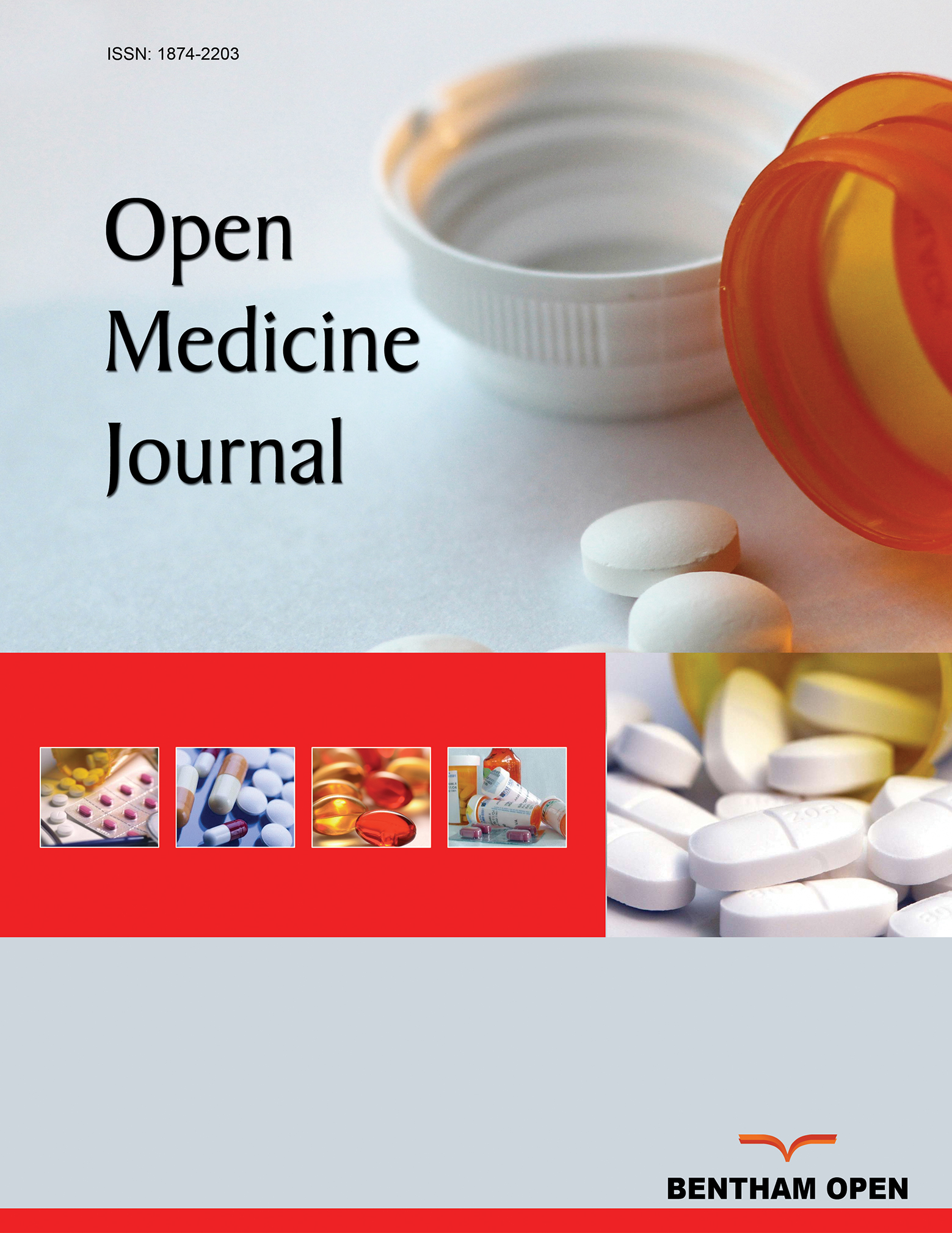All published articles of this journal are available on ScienceDirect.
Gender Differences and Treatment Outcome among Drug Induced Hepatotoxicity Tuberculosis Patients
Abstract
Aims and Objective:
The aim of the current manuscript is to determine the association between gender differences and drug-induced hepatotoxicity among patients receiving anti-tuberculosis therapy and to determine the outcome of the treatment.
Methods:
A retrospective observational study was conducted among tuberculosis patients at Respiratory Clinic of Penang General Hospital (PGH) and Bukit Mertajam Hospital. A validated data collection instrument was used to collect patients’ demographic and clinical data confirmation of drug induced hepatotoxicity among tuberculosis patients was based on biochemical criteria which included 3 fold increase in liver enzymes in response to anti TB medication. All results were analyzed through SPSS version 20.
Results:
The study subjects were predominantly males 146 (76.8%) than females 44 (23.2%). Drug-induced hepatotoxicity with anti-tuberculosis drugs was observed the most among Chinese 90 (47%) ethnicity. Eighty-five (72%) male and 33 female (28%) tuberculosis drug-induced (TB-DIH) patients had a successful treatment outcome. Female patients had a statistically significant positive association with successful TB-DIH treatment outcomes (OR=1.83, 0.988-3.390 95%CI). Upon multivariate analysis, Indian ethnicity (OR = 0.173, p = 0.024), patients with relapse of Tuberculosis (TB) (OR= 0.332, p = 0.032) and Human Immune Virus (HIV) (OR= 0.217, p = 0.027) were less likely to have successful TB-DIH treatment outcomes.
Conclusion:
Female Tuberculosis Drug Induced Hepatotoxicity (TB DIH) patients were more likely to have successful treatment outcomes. A number of factors such as Indian ethnicity, patients with relapse of Tuberculosis (TB) and patients with Human Immune Virus (HIV) were less likely to have successful TB DIH treatment outcomes.


